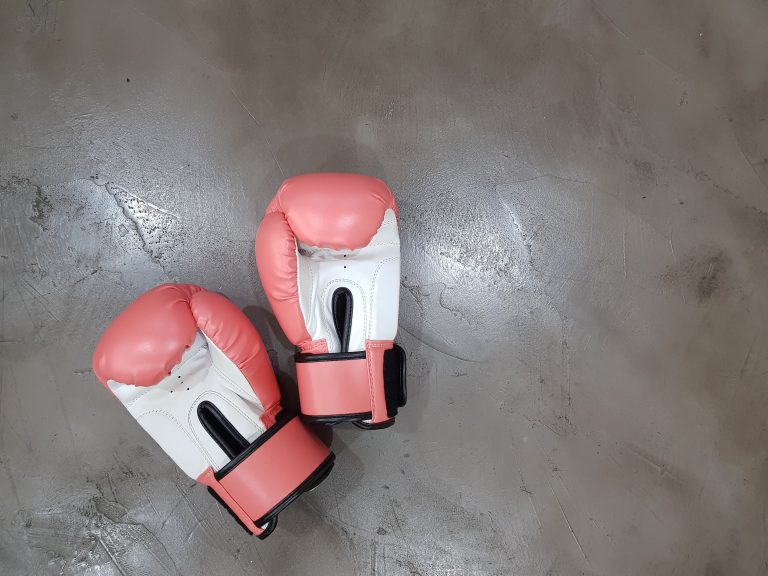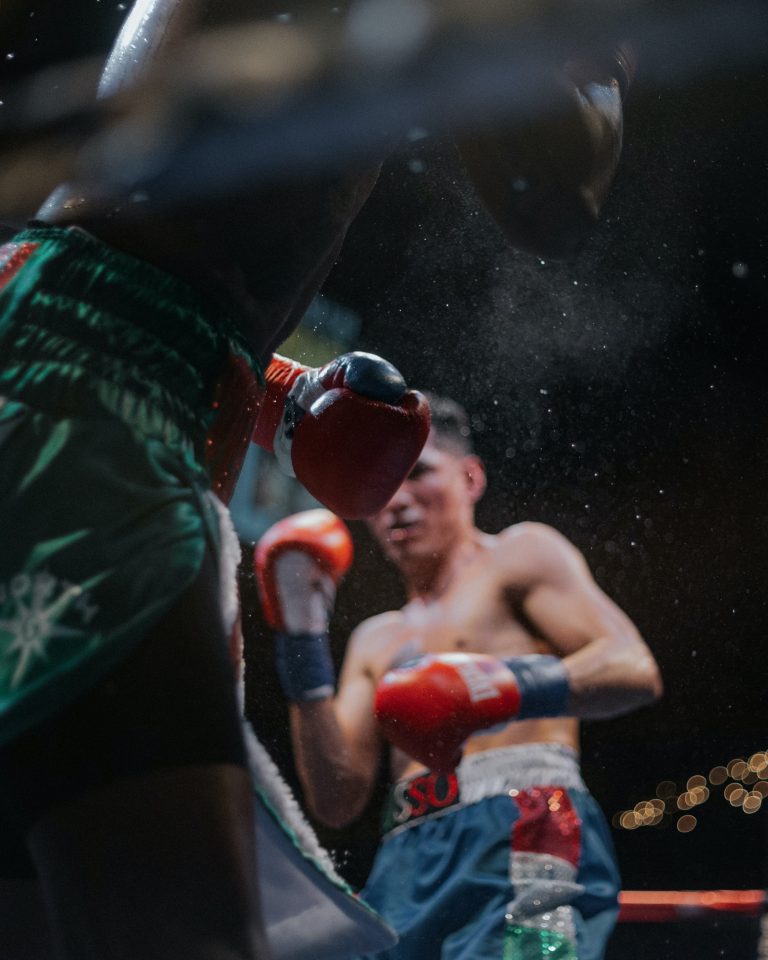Why is Karate Good for Autism?
Karate is a martial art that originated in Japan and has gained immense popularity across the world in recent years. Apart from being a self-defense technique, karate is now being increasingly recognized as a beneficial activity for individuals with autism. Autism or Autism Spectrum Disorder (ASD) is a neurodevelopmental disorder that impacts the social, behavioral, and communication skills of an individual. In this blog post, we will discuss the benefits of karate for individuals with autism and how it can help them lead a better life.
Improved Social Skills
Social interaction can be quite challenging for individuals with autism. Karate classes can help children and adults with autism improve their social skills. Karate lessons are often conducted in groups and involve a lot of partner work, which can help individuals with autism develop social skills through interaction and cooperation with others. Additionally, the rigorous training and discipline involved in karate can help individuals with autism understand the importance of following rules, respecting others, and communicating effectively.
Improved Motor Skills
Individuals with autism frequently have difficulty with motor skills that involve hand-eye coordination and balance. Karate involves complex movements that can help individuals with autism improve their motor skills. The repetitive nature of karate practice can help individuals with autism master a technique and develop muscle memory, which can have a positive impact on their ability to execute complex movements both on and off the mat.
Improved Focus and Concentration
Individuals with autism often struggle with focus and concentration. Karate classes can help them develop discipline, focus, and concentration. Karate instructors often provide a structured and predictable environment that can help individuals with autism stay on task and be present in the moment. The martial art also promotes meditation and breathing exercises, which can help individuals with autism improve their concentration and mindfulness.
Reduced Anxiety and Aggression
Individuals with autism often struggle with anxiety and aggression. Karate provides a safe and controlled environment where they can release their emotions in a healthy manner. Karate classes can also help individuals with autism develop an understanding of boundaries, and learn to manage their impulses and emotions effectively.
Boosted Self-Confidence
Karate training can help individuals with autism develop self-confidence and self-esteem. As they learn new techniques and movements, they feel a sense of accomplishment, which can have a profound impact on their self-esteem. Karate also provides a sense of community and belonging, which can be particularly beneficial for individuals with autism who struggle with social isolation.
The Top 5 Frequently asked questions about Karate and Autism
Karate is a popular martial art that has multiple benefits for kids with autism. From increased focus to developing social skills, karate has proven to have a significant impact on children with autism. However, parents often have questions about how karate can benefit their children, and whether it is suitable for their child with autism. In this blog post, we will answer the top five frequently asked questions about how karate is good for autism.
1. Can Karate really help my child with autism?
Yes, karate can be beneficial for children with autism. Karate is known for improving focus and concentration, which are two key areas where children with autism often struggle. Karate also helps with developing social skills, which is another common challenge for kids on the autism spectrum. Through karate, children with autism can learn how to interact with other children and work together as a team.
2. What specific benefits can my child with autism gain from practicing karate?
Karate has many benefits for children with autism, including improving physical fitness, developing gross motor skills, enhancing balance and coordination, increasing focus and concentration, and developing social skills. Additionally, the structured nature of karate classes can help children with autism learn how to follow directions and rules.
3. Is it safe for my child with autism to practice karate?
Yes, karate is generally safe for children with autism, as long as they are closely supervised by a qualified instructor. It’s important to find an instructor who has experience working with children with special needs and who understands the unique needs of children with autism.
4. How should I prepare my child with autism for their first karate class?
It’s a good idea to prepare your child with autism for their first karate class by talking to them about what to expect. Explain that they will be learning new moves and practicing with other children. You can also visit the karate studio beforehand to help your child get familiar with the environment. Additionally, it’s important to communicate with the instructor about your child’s needs and any accommodations that they may need to make.
5. How long does it take to see results from practicing karate?
The amount of time it takes to see results from practicing karate can vary, depending on the individual child and their goals. However, it’s common for children to start seeing improvements in focus, coordination, and social skills after just a few weeks of practicing karate. As your child continues to progress, they will likely experience even more benefits from practicing karate.
In conclusion, karate can be an excellent activity for children with autism. Through practicing karate, children can improve their focus, social skills, and physical abilities, while also learning important life skills like discipline and self-confidence. If you’re considering enrolling your child in karate, be sure to find an experienced instructor who understands the unique needs of children with autism.
How to Incorporate Karate into Autism Therapy
If you’re wondering how to incorporate karate into autism therapy, this guide is for you. Karate is a great option for individuals with autism because it promotes body awareness, balance, coordination, and self-regulation. It can also be a fun and engaging activity that helps to build self-esteem and social skills. Here’s how to get started:
Step 1: Find a Karate Program
The first step is to find a karate program that is suitable for individuals with autism. Look for a program that is led by an instructor who is experienced in working with individuals with special needs. You can ask for recommendations from your child’s therapist or search online for programs in your area.
Step 2: Schedule a Trial Lesson
Schedule a trial lesson to see if the program is a good fit for your child. During the trial lesson, you can observe how the instructor interacts with your child and how your child responds to the program.
Step 3: Communicate with the Instructor
Communicate with the instructor about your child’s needs and challenges. Share any information that might be helpful in creating an individualized program for your child. The instructor can also give you information about how the program can be adapted to meet your child’s specific needs.
Step 4: Prepare for the Class
Prepare your child for the class by talking about what to expect and practicing some of the movements at home. You can also bring along any comfort items or sensory tools that might help your child feel more comfortable during the class.
Step 5: Attend the Class
Attend the class with your child and observe how they interact with the instructor and the other students. Encourage your child to participate at their own pace and offer positive reinforcement for their efforts.
Step 6: Continue with the Program
If your child enjoys the class and you feel that it is a good fit, continue with the program. Karate can be a great addition to your child’s therapy and can help to promote physical and emotional development.
Conclusion
Karate is a great option for individuals with autism, as it can promote physical and emotional development in a fun and engaging way. By following these steps and finding a suitable program, you can incorporate karate into your child’s therapy program and help them achieve their full potential.
Inhaltsverzeichnis






